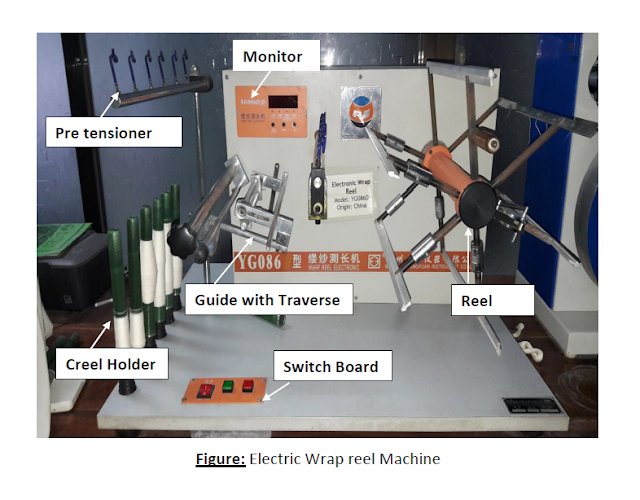Revitalizing Bangladesh's Textile Industry through Leased Jute Mills
Introduction: In a bid to attract entrepreneurs and boost the textile industry, the Bangladesh Jute Mill Corporation (BJMC) has implemented significant changes in the lease policy for state-owned jute mills. Recognizing the lack of interest from investors in jute production alone, BJMC has expanded the scope to include textile manufacturing. The revised policy allows private sector entrepreneurs to lease jute mills for a period of 30 years, offering opportunities for both jute and textile production. This blog explores the recent developments, challenges, and potential impact on Bangladesh's jute and textile sectors.
The Need for Change: Due to a lack of response from entrepreneurs, the BJMC decided to modify its lease policy for state-owned jute mills. Previously, only jute or jute products were allowed to be produced, with a lease term of 20 years. However, recognizing the potential of the textile industry as a promising export sector, the BJMC relaxed the policy to accommodate textile manufacturing. This decision aims to attract interested investors and create a forward and backward linkage between jute and textile production.
Challenges Faced: The initial process of leasing closed jute mills to the private sector showed promise, with major companies and international entrepreneurs expressing interest. However, economic uncertainty and subsequent currency crises slowed down the leasing process. Additionally, the poor condition of the mills, high labor costs, and various government conditions have deterred private entrepreneurs from investing in state-owned jute mills. These challenges need to be addressed to ensure the successful revitalization of the jute and textile industries.
Leasing Status and Operational Mills: While the process of leasing the jute mills has been ongoing for the past two years, only three mills have entered production. These include KFD Jute Mills under Unitex Group, Bangladesh Jute Mills under Bay Group, and National Jute Mills under Rashid Group. These mills are already exporting jute products and contributing to the country's economy. Furthermore, joint inspections are underway to resume production in six other jute mills, with selected entrepreneurs soon taking over their operations.
Future Prospects: To encourage further investment and industrial growth, the BJMC recently selected three private sector entrepreneurs to lease three jute mills in the Khulna and Chittagong zones. The companies chosen are Mills Furnishing Limited, Uni World, and Akij Jute Mills. By expanding textile production and attracting private investors, the government aims to revitalize the jute sector, which has long been a significant cash crop and export commodity for Bangladesh. The successful implementation of these initiatives could lead to increased revenue, employment opportunities, and economic growth for the country.
Conclusion: Bangladesh's decision to allow the leasing of state-owned jute mills for textile production marks a significant shift in the country's industrial landscape. By embracing the textile industry alongside jute production, the government aims to attract private sector entrepreneurs, revitalize the jute sector, and boost the country's overall economic growth. It is crucial to address the challenges faced in terms of mill conditions, labor costs, and government conditions to ensure the long-term success of these initiatives. With proper planning and execution, Bangladesh can leverage its expertise in jute and textile manufacturing to consolidate its position as a global leader in these industries.



Comments
Post a Comment